Best Mobile Application Development in Hyderabad! DigitalGYB Technologies have professional Android & iOS mobile apps developers; we have custom applications in eCommerce, Education, Healthcare & Real-Estate industry.
Mobile Application Development Services involves creating software applications which runs on mobile devices such as smartphones and tablets to connect quickly to get best digital user experience.
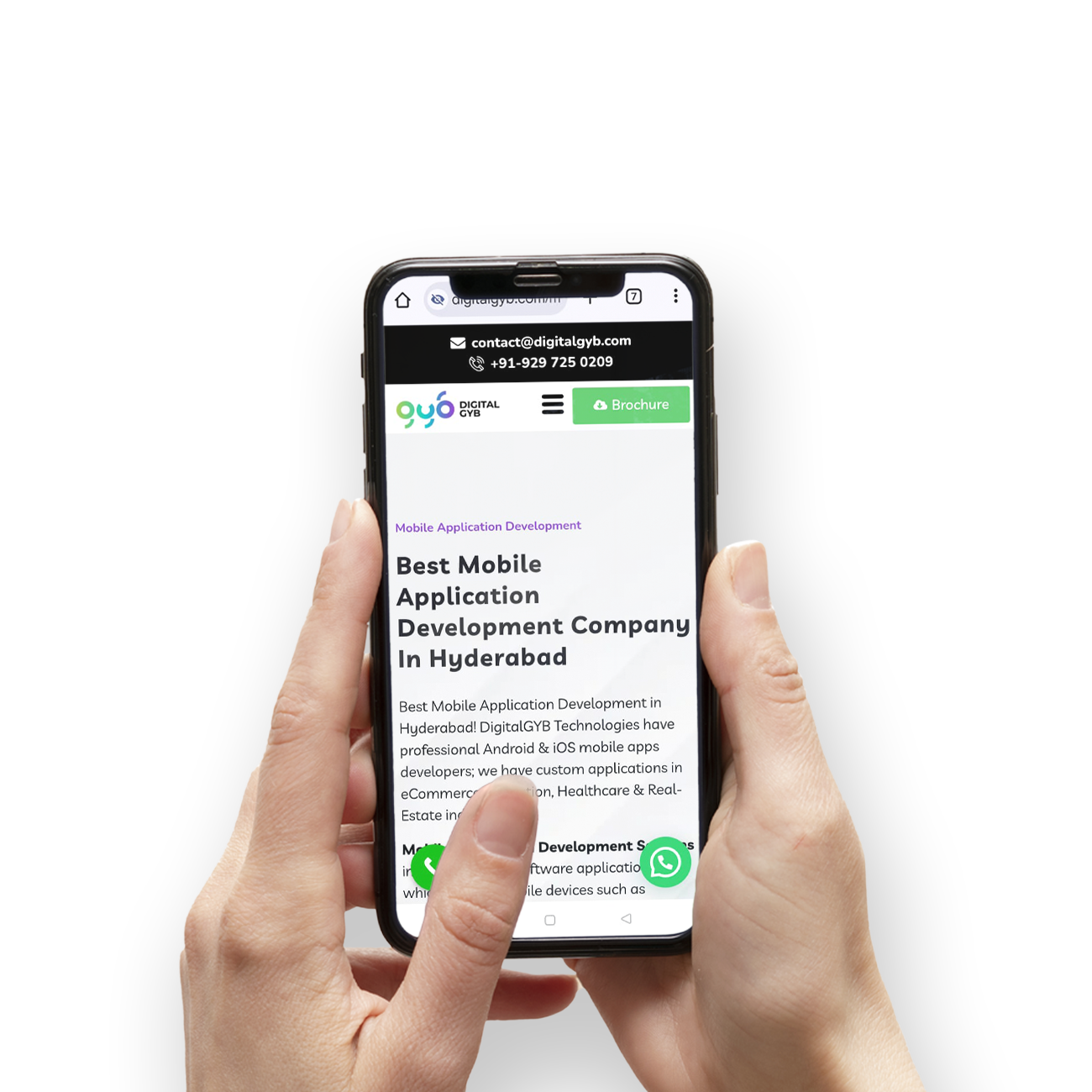
Native App Development:
These apps are developed for a specific platform (iOS or Android) using the platform’s native programming languages and tools. For iOS, this could involve Swift or Objective-C with X code, and for Android, Java or Kotlin with Android Studio.
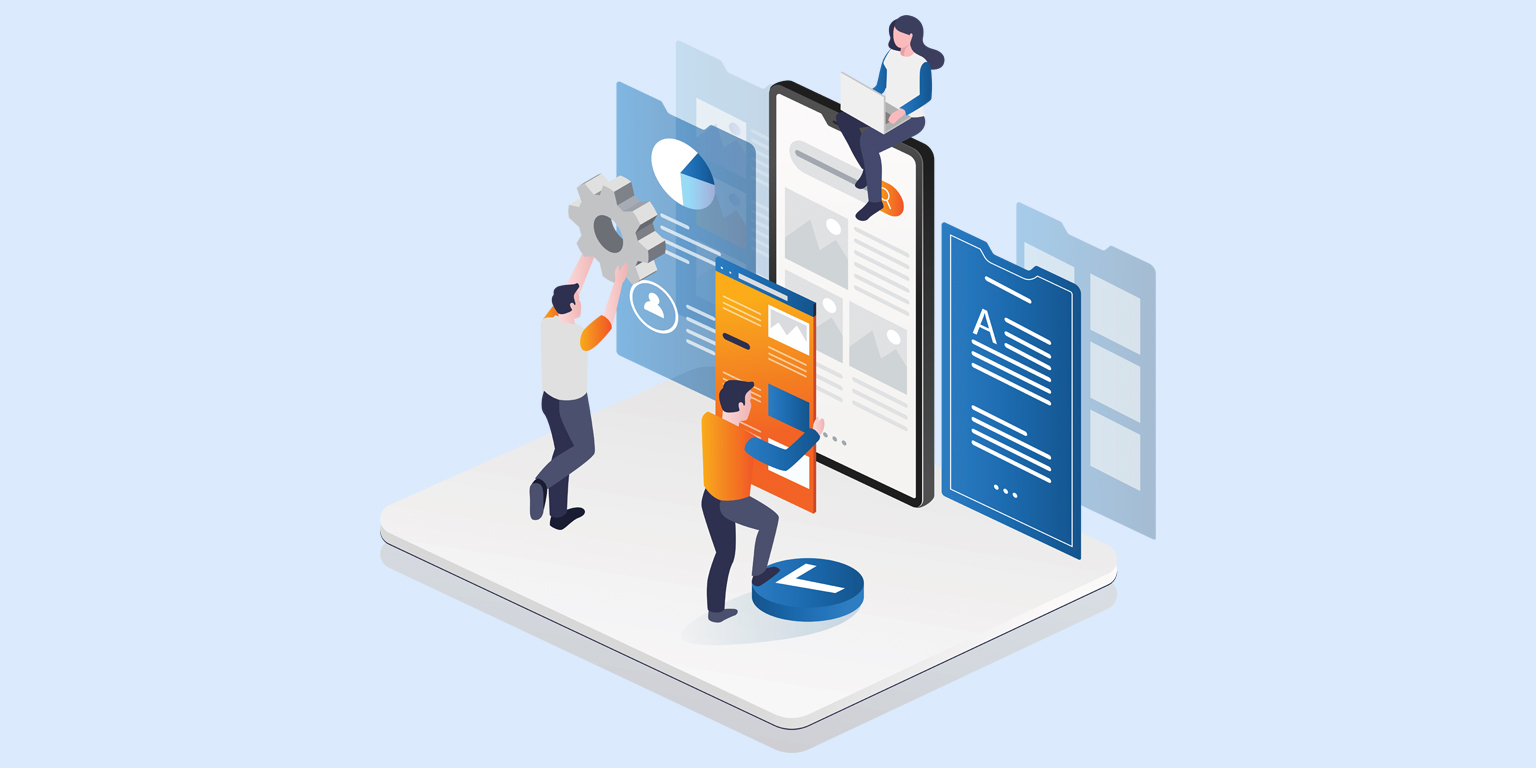
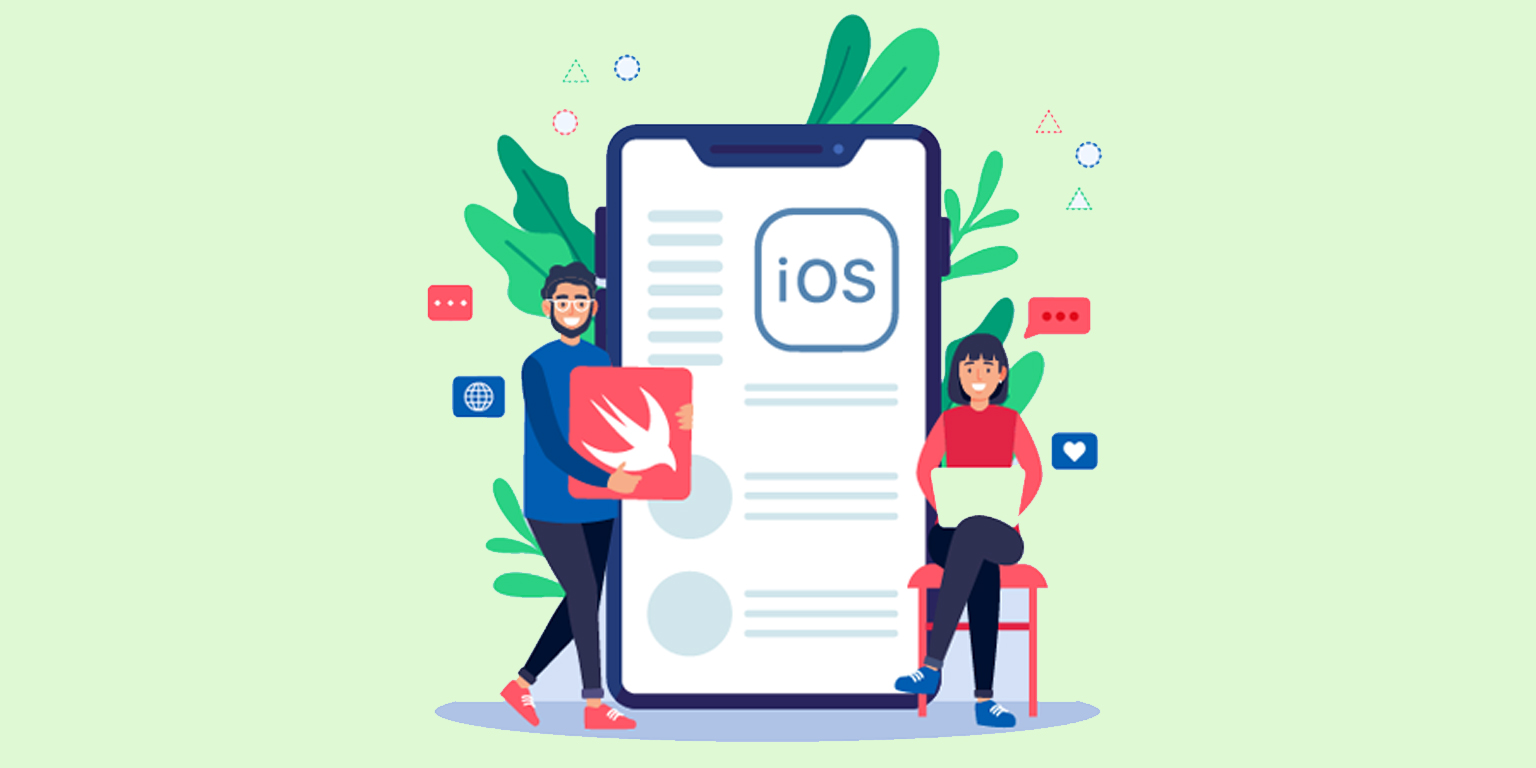
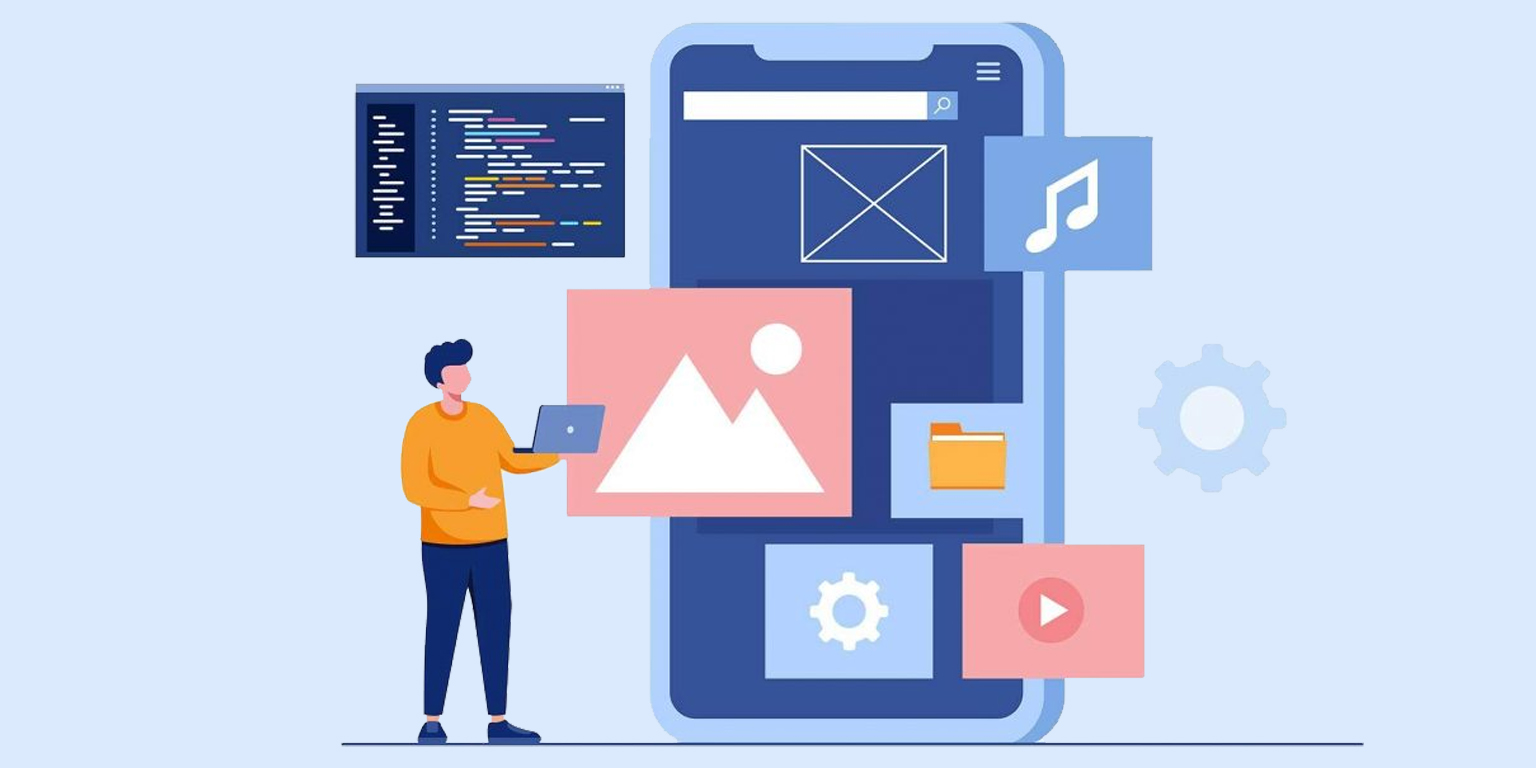
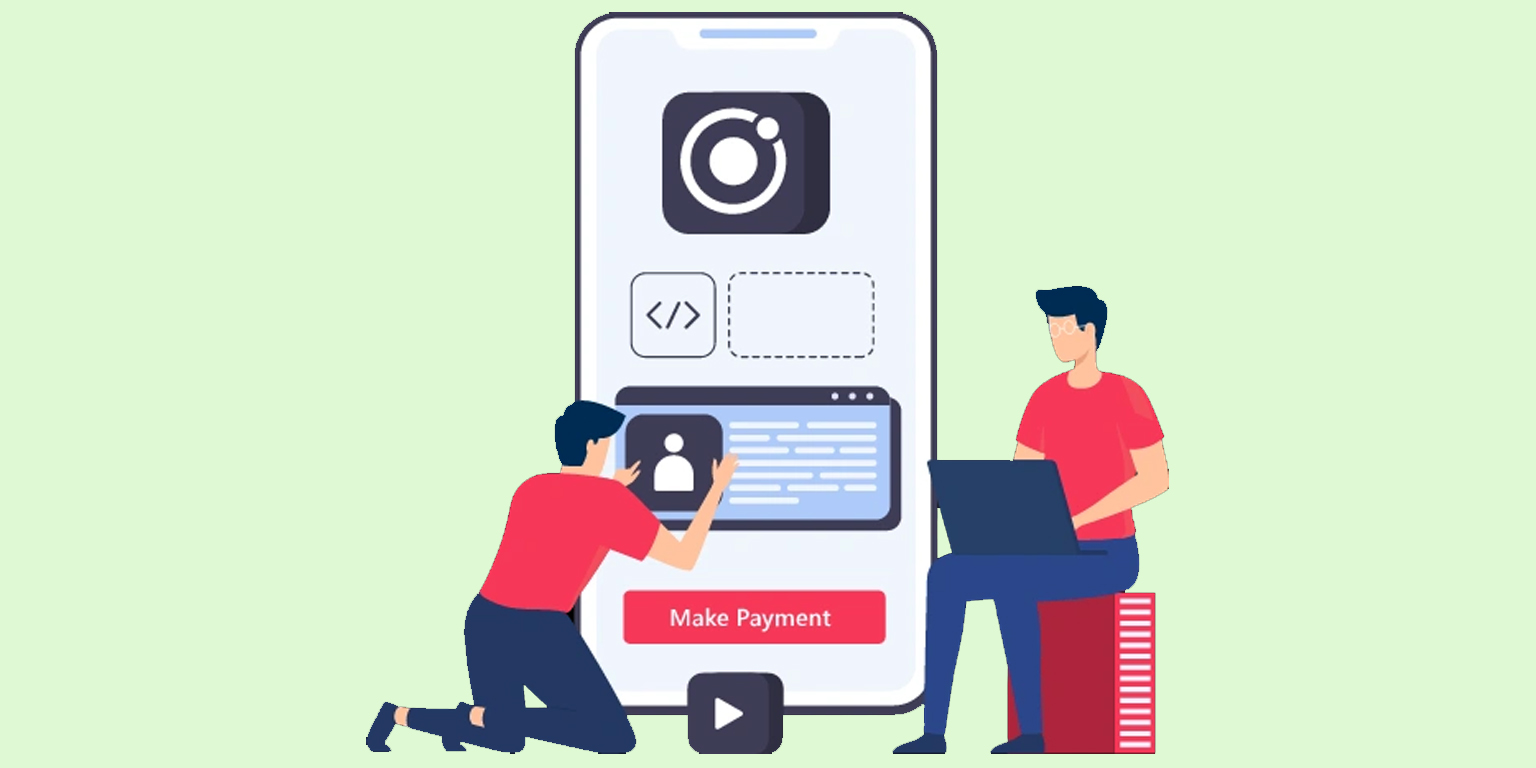
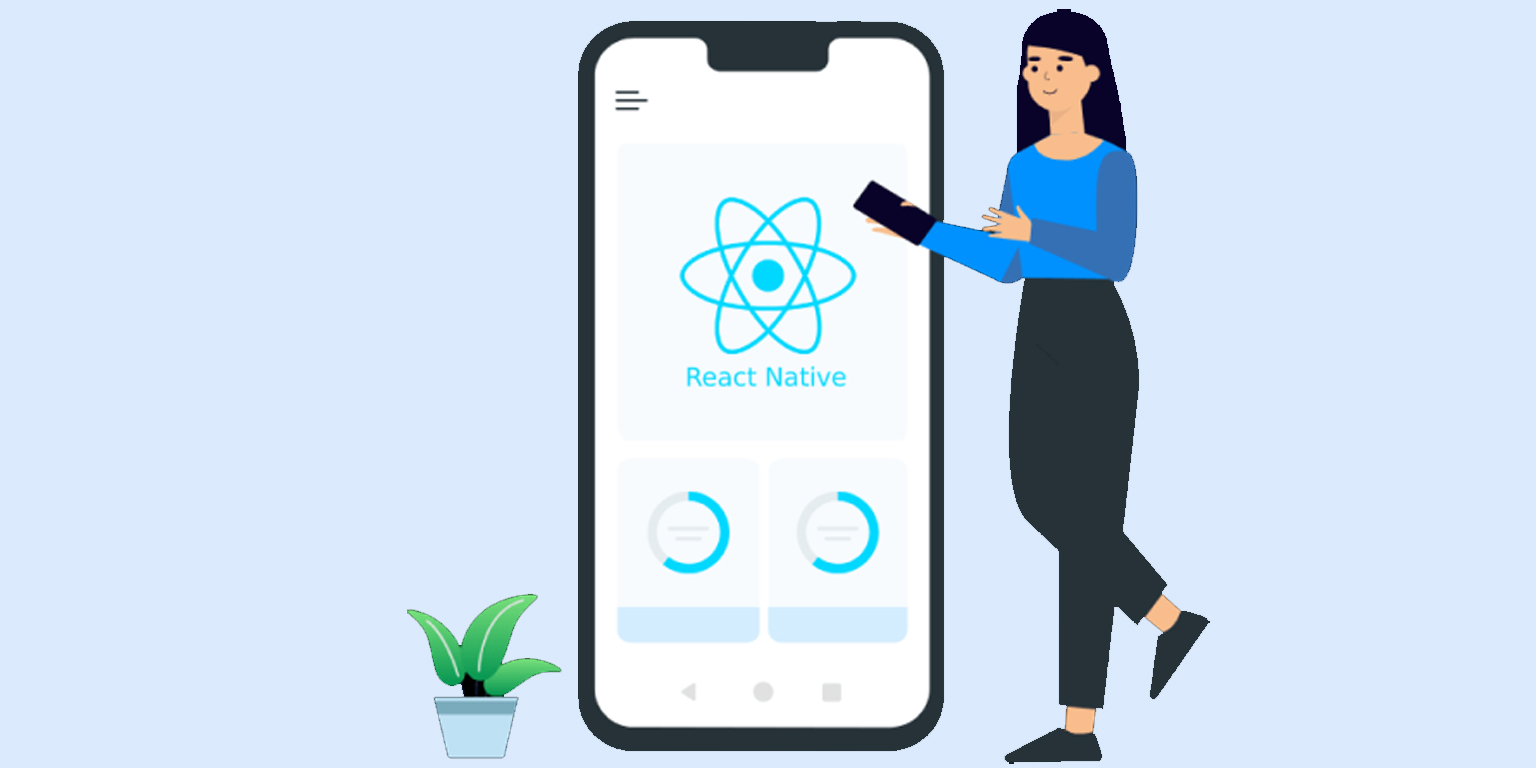
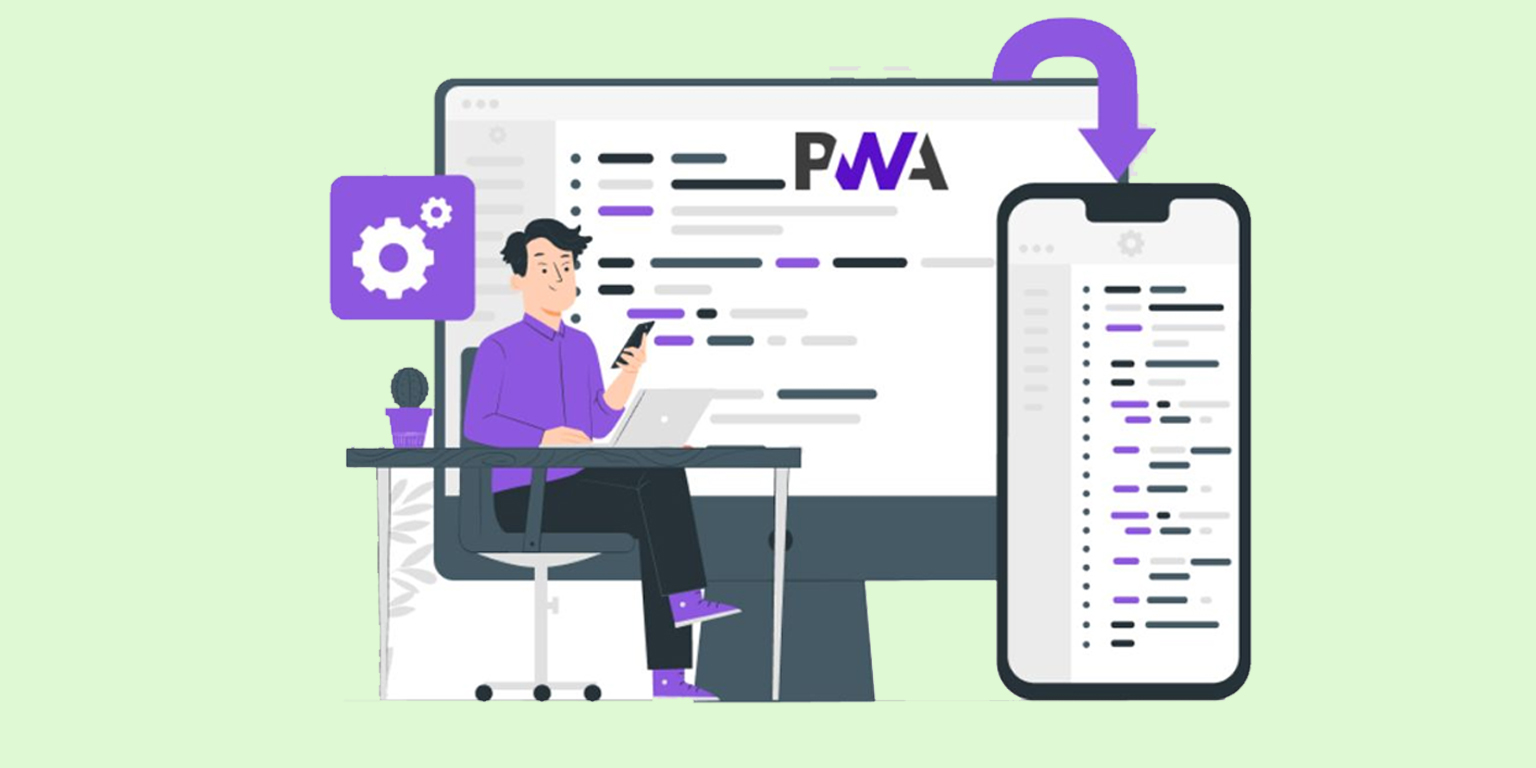
We can also help with :

Define the problem your app will solve and do thorough research to understand the target audience and competition.
Create wireframes and prototypes to define the app’s interface and user experience.
Write the code for the app, which involves front-end development (UI/UX) and back-end development (server-side).
Thoroughly test the app for bugs, performance issues, and user experience problems.
Publish the app on platforms like the Apple App Store or Google Play Store.
After launch, continue to improve the app with new features, bug fixes, and optimizations based on user feedback.
DigitalGYB Technologies well known for Mobile Application Services in Hyderabad have a wide range of offerings that support the development, deployment, maintenance, and enhancement of mobile apps. These services can cover everything from technical development to design and user experience optimization. Below are the main types of mobile application services:
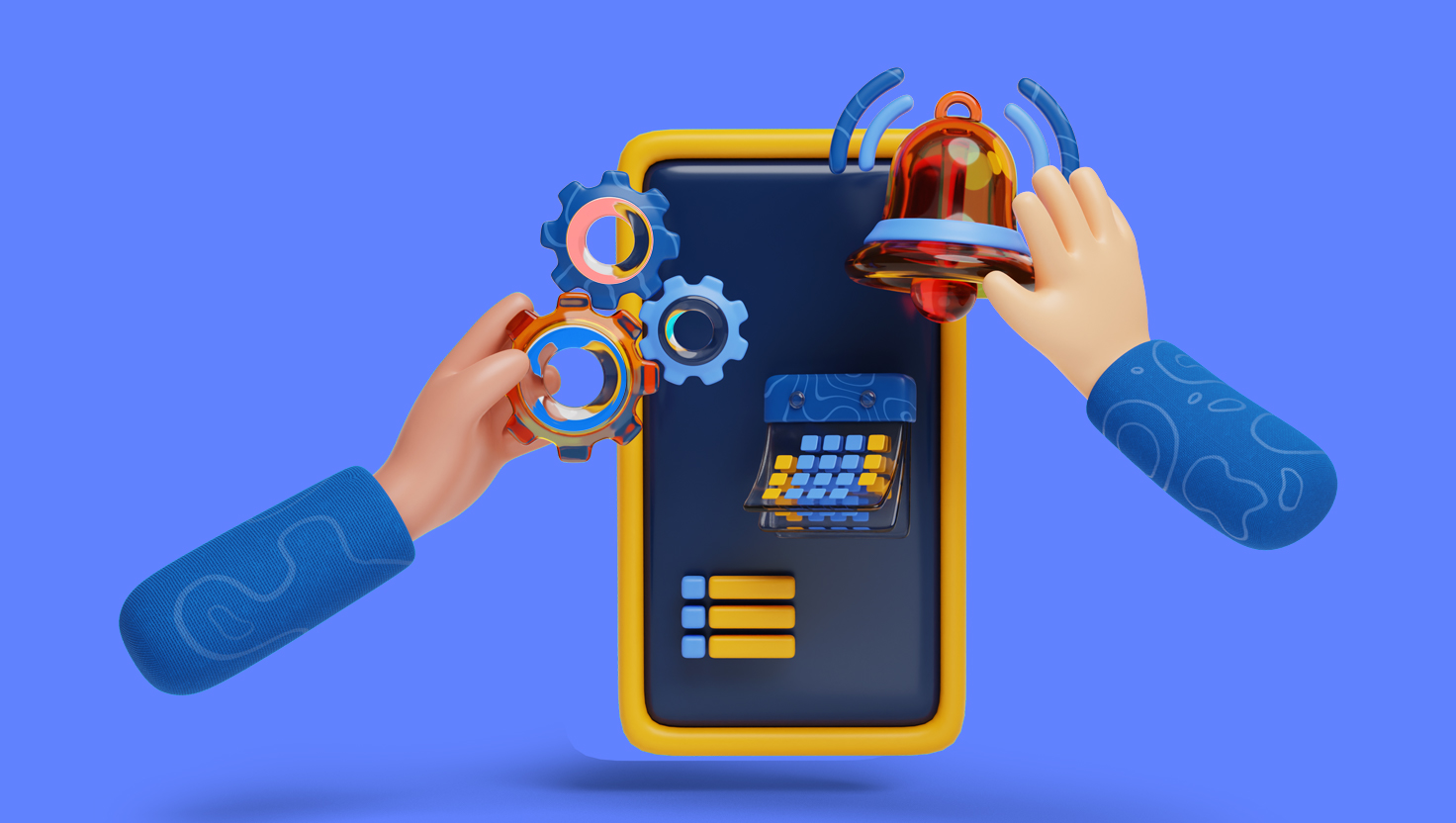
Native App Development: Creating apps tailored for specific platforms (iOS, Android) using platform-specific programming languages (Swift for iOS, Kotlin/Java for Android).
Cross-Platform Development: Building apps that work across multiple platforms using frameworks like React Native, Flutter, Xamarin, etc.
Hybrid App Development: A mix of native and web technologies, using frameworks like Ionic or Apache Cordova.
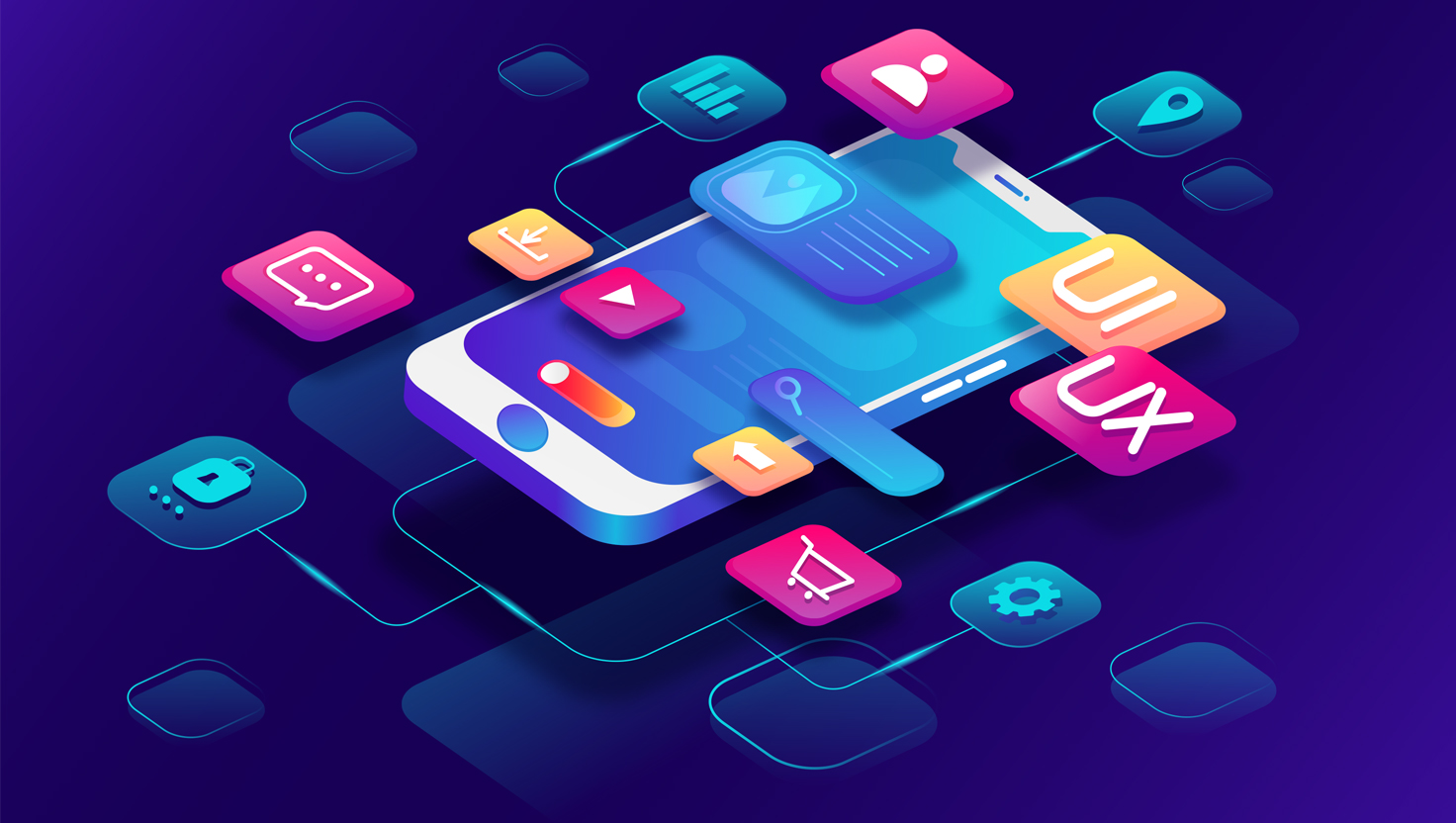 User Interface (UI) Design: Designing the look and feel of the mobile app, including the layout, colors, fonts, and graphics.
User Interface (UI) Design: Designing the look and feel of the mobile app, including the layout, colors, fonts, and graphics.
User Experience (UX) Design: Focusing on how users interact with the app, ensuring it’s easy to navigate and provides a seamless experience.
 Manual Testing: Testing the app manually to ensure it works as expected, identifying issues like crashes or slow performance.
Manual Testing: Testing the app manually to ensure it works as expected, identifying issues like crashes or slow performance.
Automated Testing: Using tools to run predefined tests to check app functionality, performance, and security automatically.
Usability Testing: Assessing how intuitive and user-friendly the app.
Security Testing: Ensuring the app is secure from vulnerabilities and data breaches.
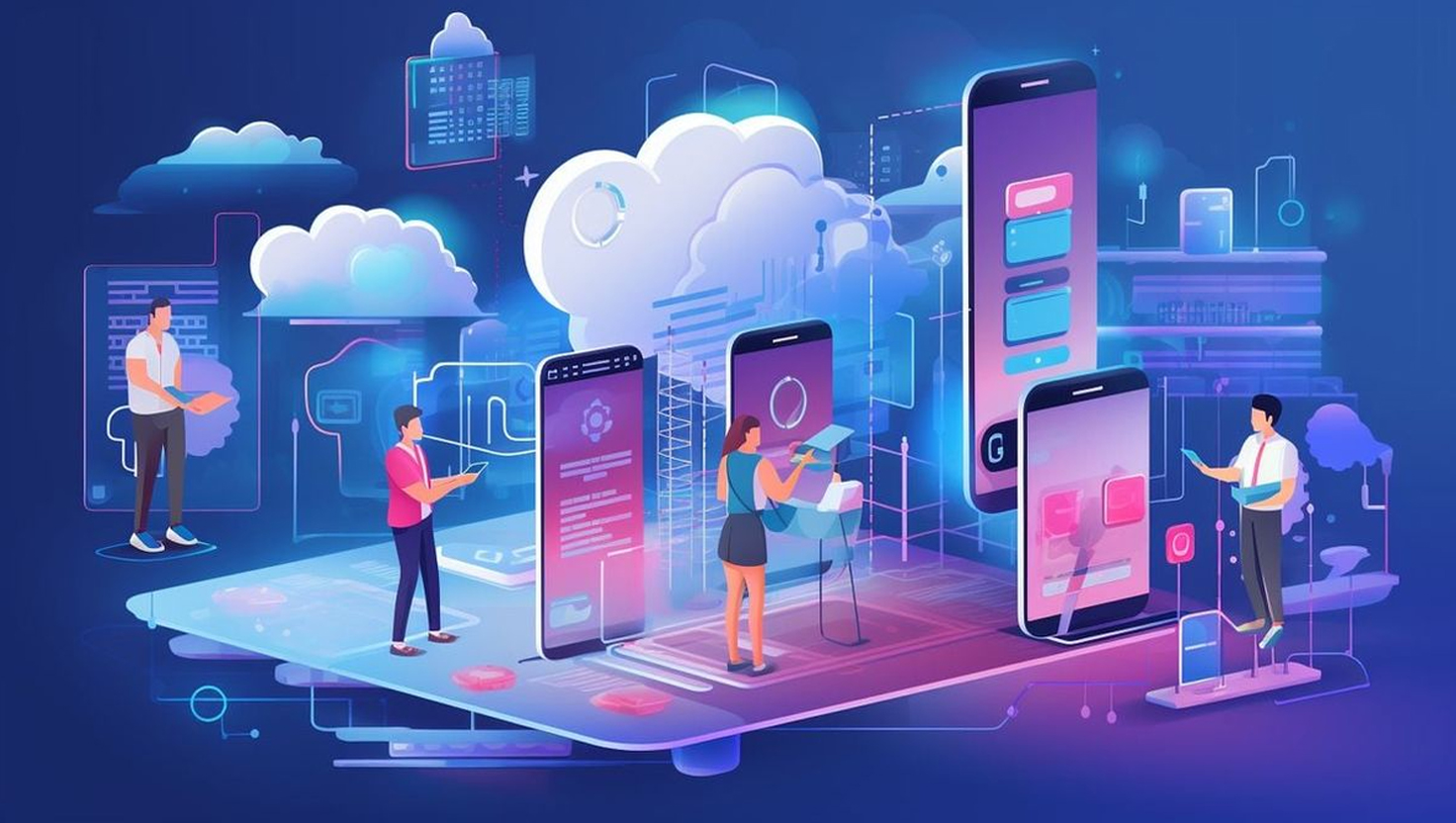 Server-Side Development: Setting up the backend server infrastructure that handles app data, authentication, and integration with third-party services.
Server-Side Development: Setting up the backend server infrastructure that handles app data, authentication, and integration with third-party services.
API Development: Building application programming interfaces(API’s) for communication between the mobile app and backend servers.
Database Integration: Designing and implementing databases for app data storage and management.
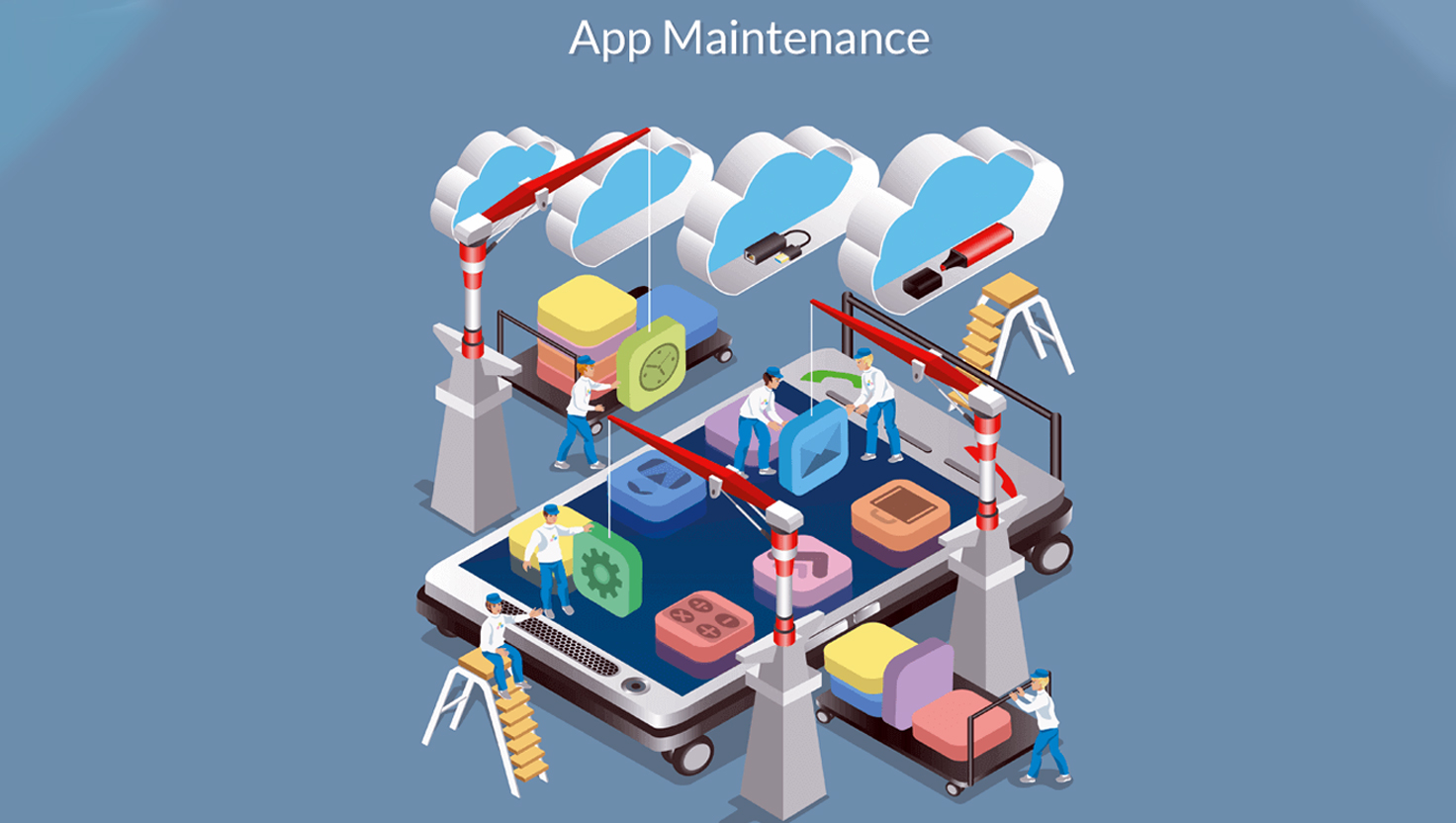 App Store Optimization (ASO): Optimizing the app’s listing on the Apple App Store and Google Play Store to improve its visibility and rankings.
App Store Optimization (ASO): Optimizing the app’s listing on the Apple App Store and Google Play Store to improve its visibility and rankings.
Deployment: Uploading the app to the appropriate app stores and managing the approval process.
Post-Launch Support: Monitoring app performance and providing bug fixes, updates, and enhancements.
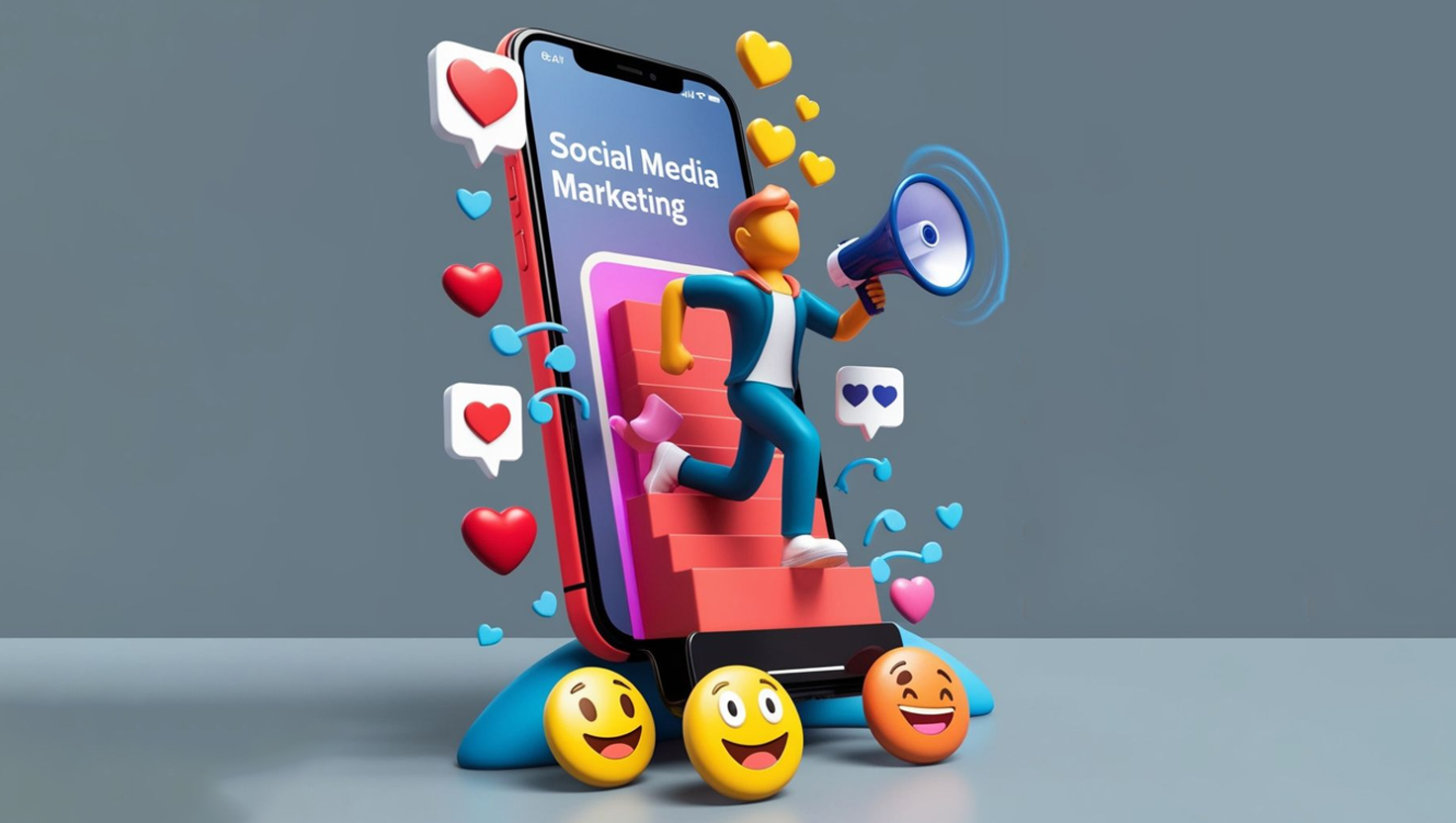
Digital Marketing: Running ads (social media, search engines, etc.) to promote the app.
Influencer Marketing: Collaborating with influencers to increase the app’s visibility.
App Analytics: Using data analytics to understand user behaviour and improve app features and marketing strategies.
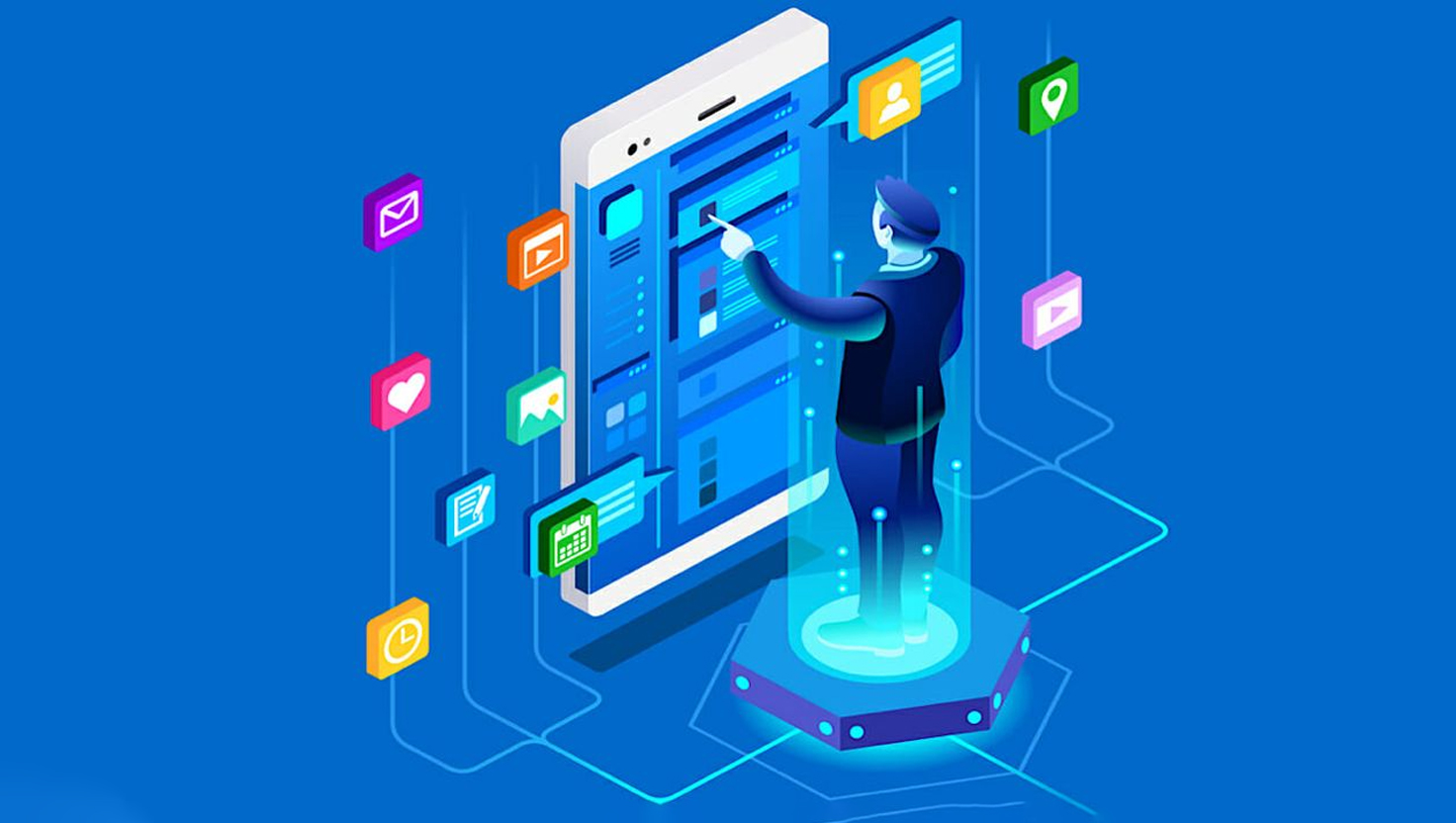
Deployment: Uploading the app to the appropriate app stores and managing the approval process.
Post-Launch Support: Monitoring app performance and providing bug fixes, updates, and enhancements.
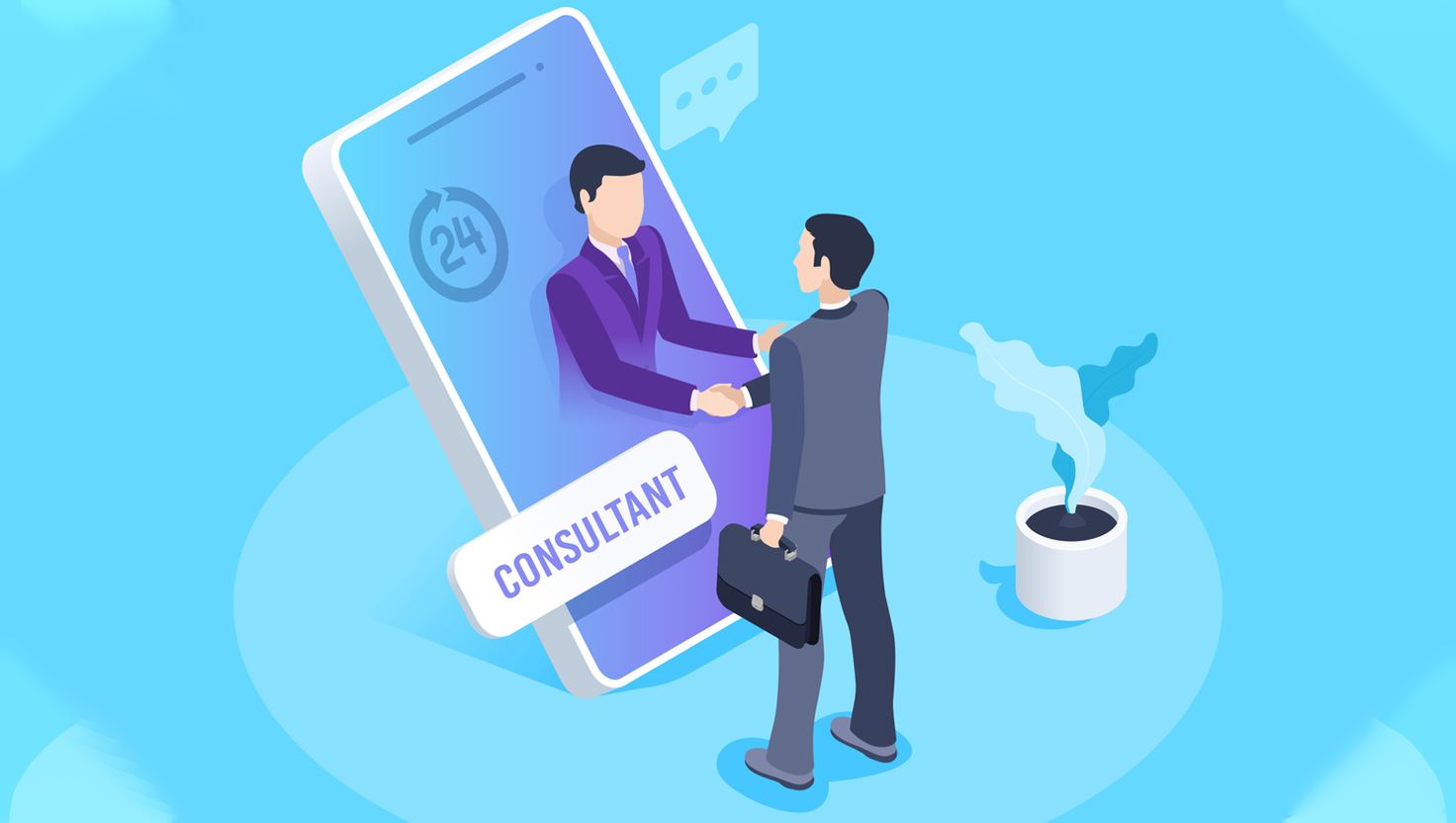
Strategy & Planning: Helping businesses define their app’s purpose, target audience, and long-term goals.
App Prototyping: Creating a working prototype of the app to visualize the app flow and interface before development begins.
App Monetization Strategy: Advising on ways to generate revenue from the app, such as through in-app purchases, ads, or subscriptions.
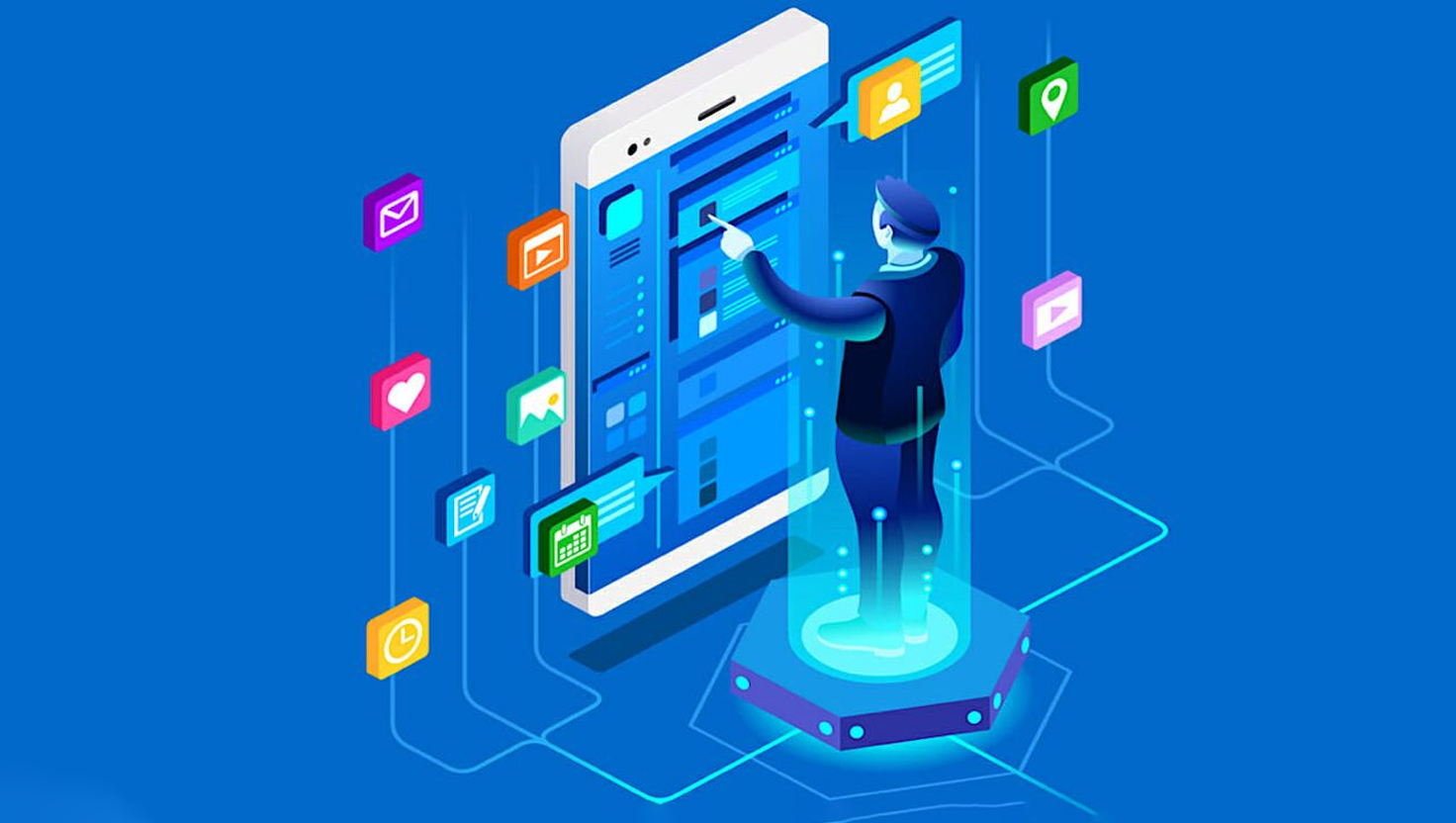
Enterprise App Development: Tailored mobile solutions for businesses, offering services like internal apps, customer portals, and mobile CRM systems.
Enterprise Mobility Management (EMM): Tools and strategies to secure and manage mobile devices and apps used within an enterprise.
Copyright © 2025 DigitalGYB Technologies. All Rights Reserved.
WhatsApp us